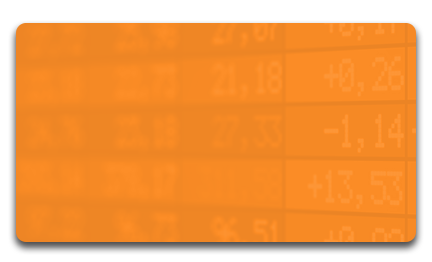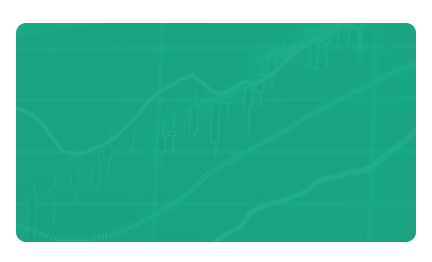A bank a pénzügyi közvetítő rendszer legfontosabb része. A bank egy olyan intézmény, amely pénzügyi szolgáltatásokat nyújt. Legfőbb tevékenysége hitelek nyújtása és betétek gyűjtése. Tehát a gazdaság fölösleges, jelenleg felhasználatlan pénzmegtakarításának begyűjtése (passzív bankügylet), és azok injektálása, aktiválása a gazdaság pénzszükségben lévő alanyaihoz (aktív bankügylet). Így a bankok a modern tőkés gazdaság egyfajta motorjai. A bank hagyományosan a pénzügyi szolgáltatások díjából és a hitelekből származó kamatból jut bevételhez.
A bróker, más néven értékpapír-bizományos, aki ügyfelei számára alkuszdíj ellenében köt tőzsdei vagy adott esetben tőzsdén kívüli ügyletet, vagy értékpapír-kereskedő, aki emellett saját számlás ügyletet is köthet. Az új magyar értékpapírtörvény szerint előbbihez legalább 20, utóbbihoz 100 M Ft-os jegyzett tőke szükséges, valamint olyan szakember (maga a bróker), aki rendelkezik tőzsdei szakvizsgával, 2 éves értékpapír-piaci gyakorlattal és erkölcsileg feddhetetlen. Értékpapír bizományosi és kereskedői tevékenység Magyarországon csak társasági formában folytatható, ám az árutőzsdén – illetve a BÉT határidős szekciójában – egyéni brókerek is lehetnek tagok.

A brókercégek elsődleges feladata az értékpapír-bizományosi tevékenység. A bizományosi ténykedés megbízás alapján a befektetési szolgáltató saját nevében más személy javára (számlájára) folytatott adásvételi tevékenység. A befektető a kiválasztott brókercéggel minden egyes vételi és eladási megbízását bizományosi szerződéssel köti meg. A bizományosi szerződésekben az ügyfél megadja a terméket, árát és mennyiségét, amit venni, illetve eladni szándékozik. A megbízás leadásának és teljesítésének jogi és pénzügyi feltételeit a törvényi előírásoknak megfelelően a brókercég üzletszabályzata rögzíti. A szolgáltatások díja brókercégenként más és más lehet.
A megbízás két fő típusa:
- Az értékpapír-eladási megbízásnál értékpapírt ad el az ügyfél. Ha az értékpapír fizikailag létezik, akkor át kell adni, ha a számlán kezelt, akkor a brókercégnél kell elhelyezni számlán.
- Az értékpapír-megvételi megbízáskor az ügyfél értékpapírt vásárol, a megfelelő pénzösszeget kell befizetni, amely két részből áll, a megvenni kívánt értékpapír árából és az ügynöki jutalékból. Mindkét ügylet elszámolása csak a teljesítéskor történik.



















